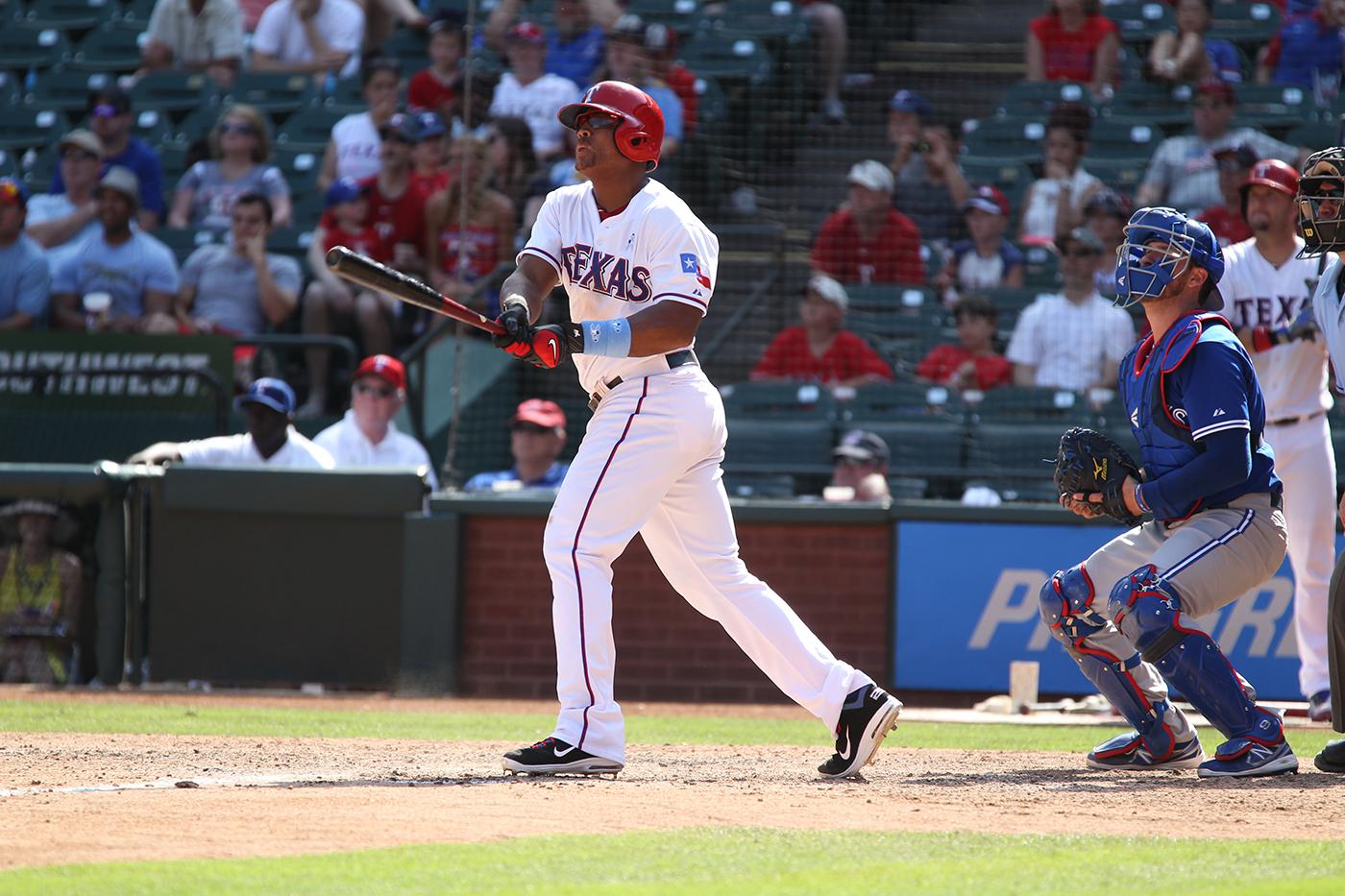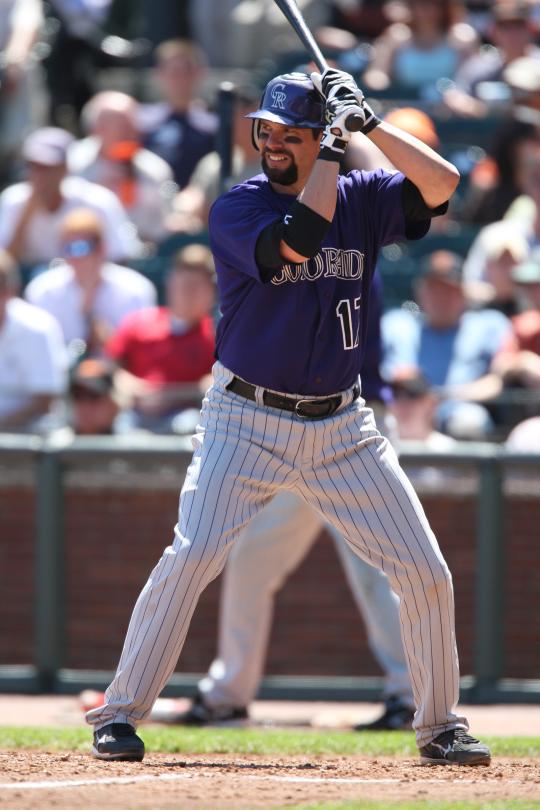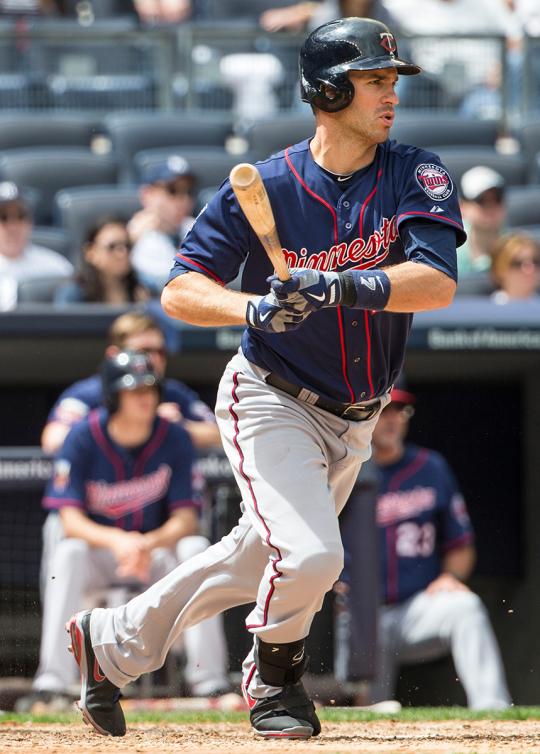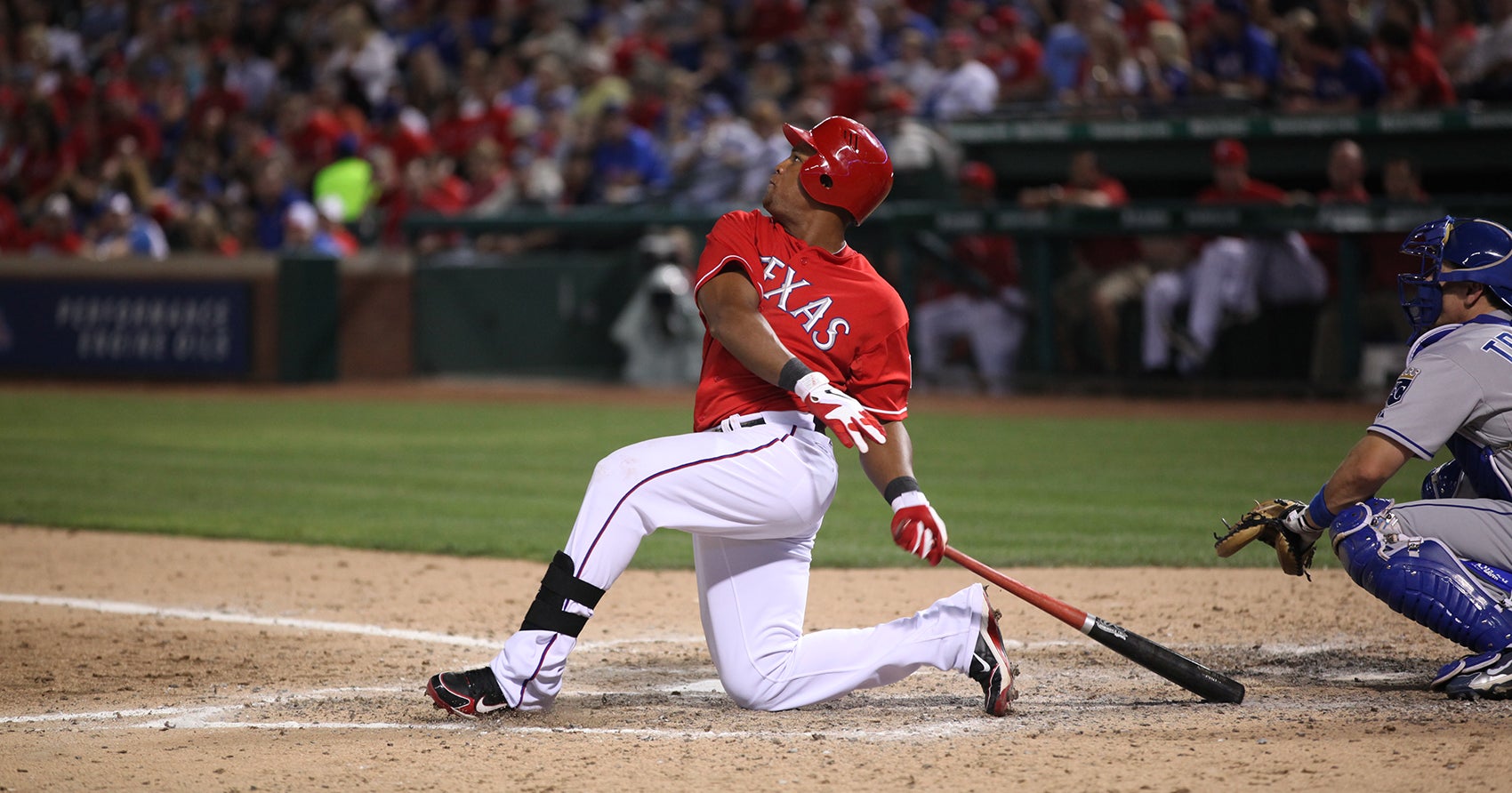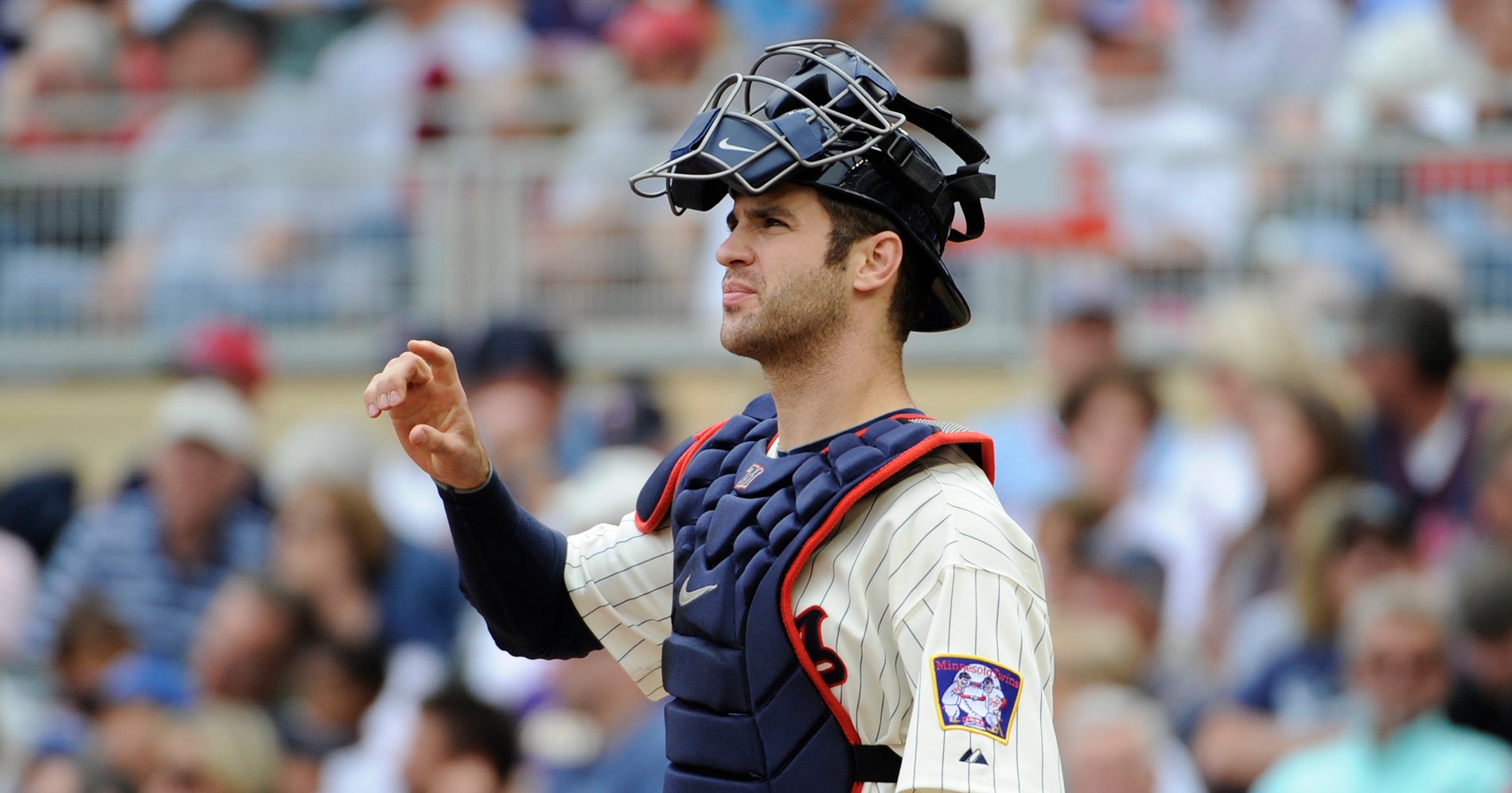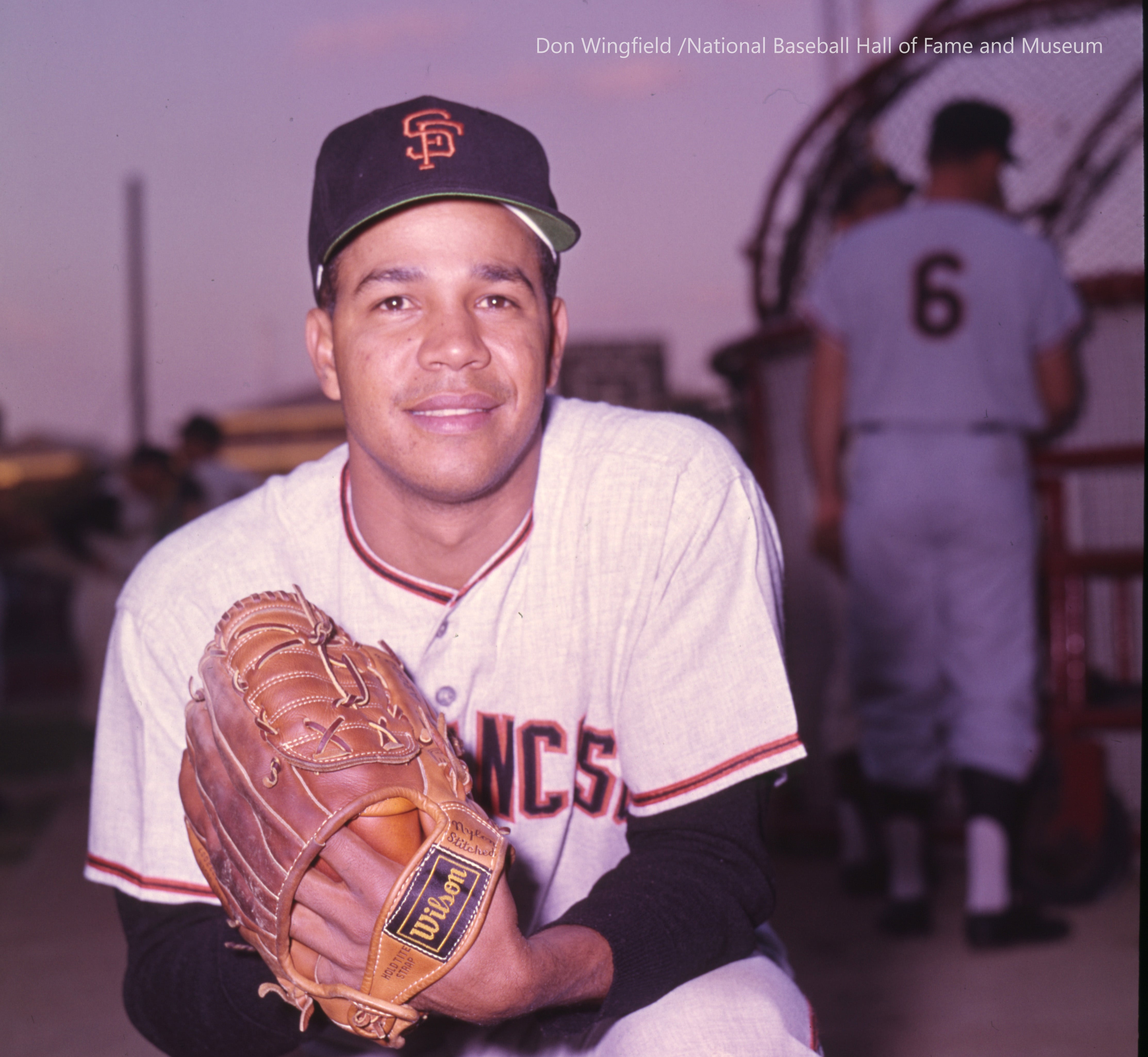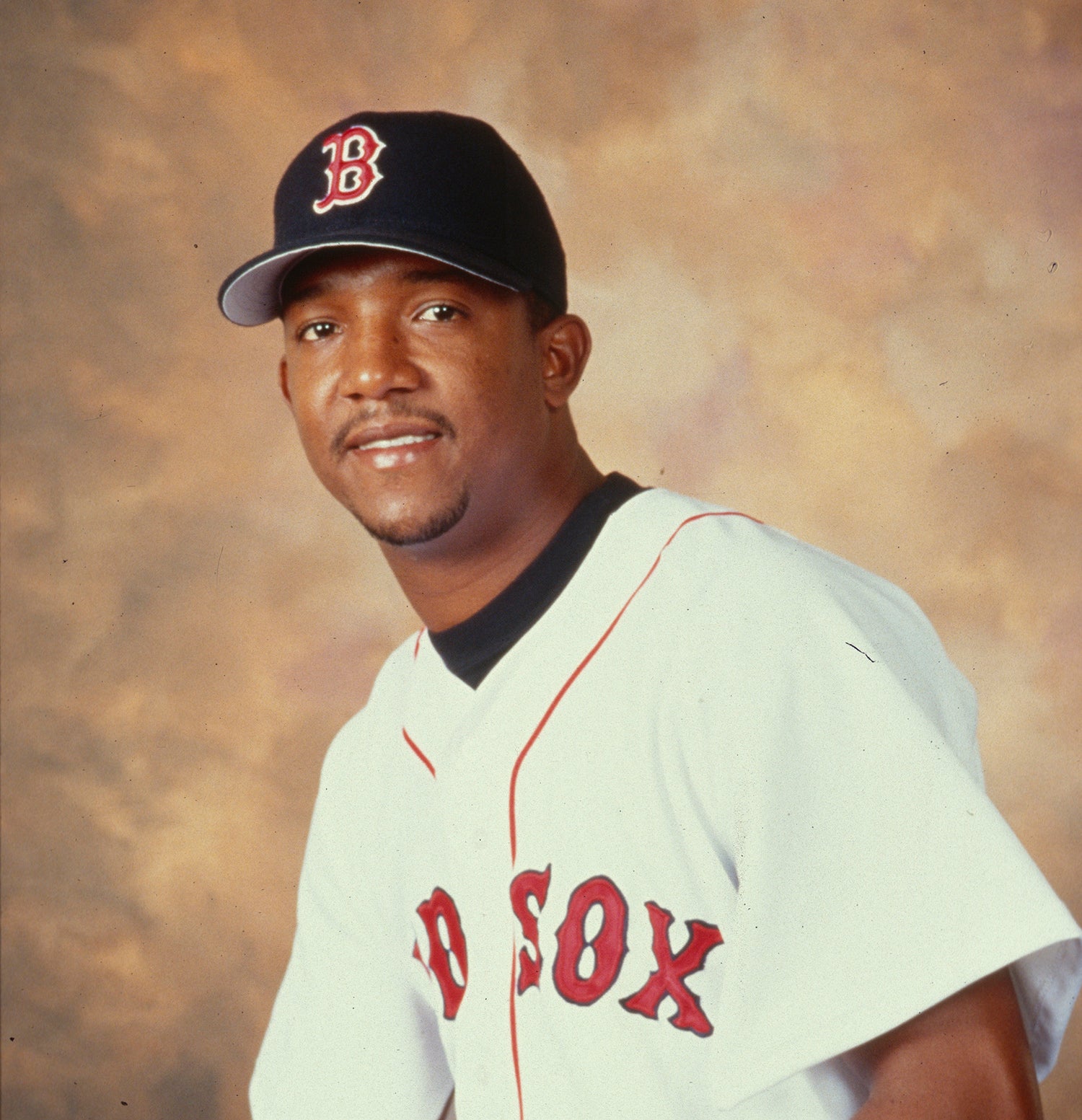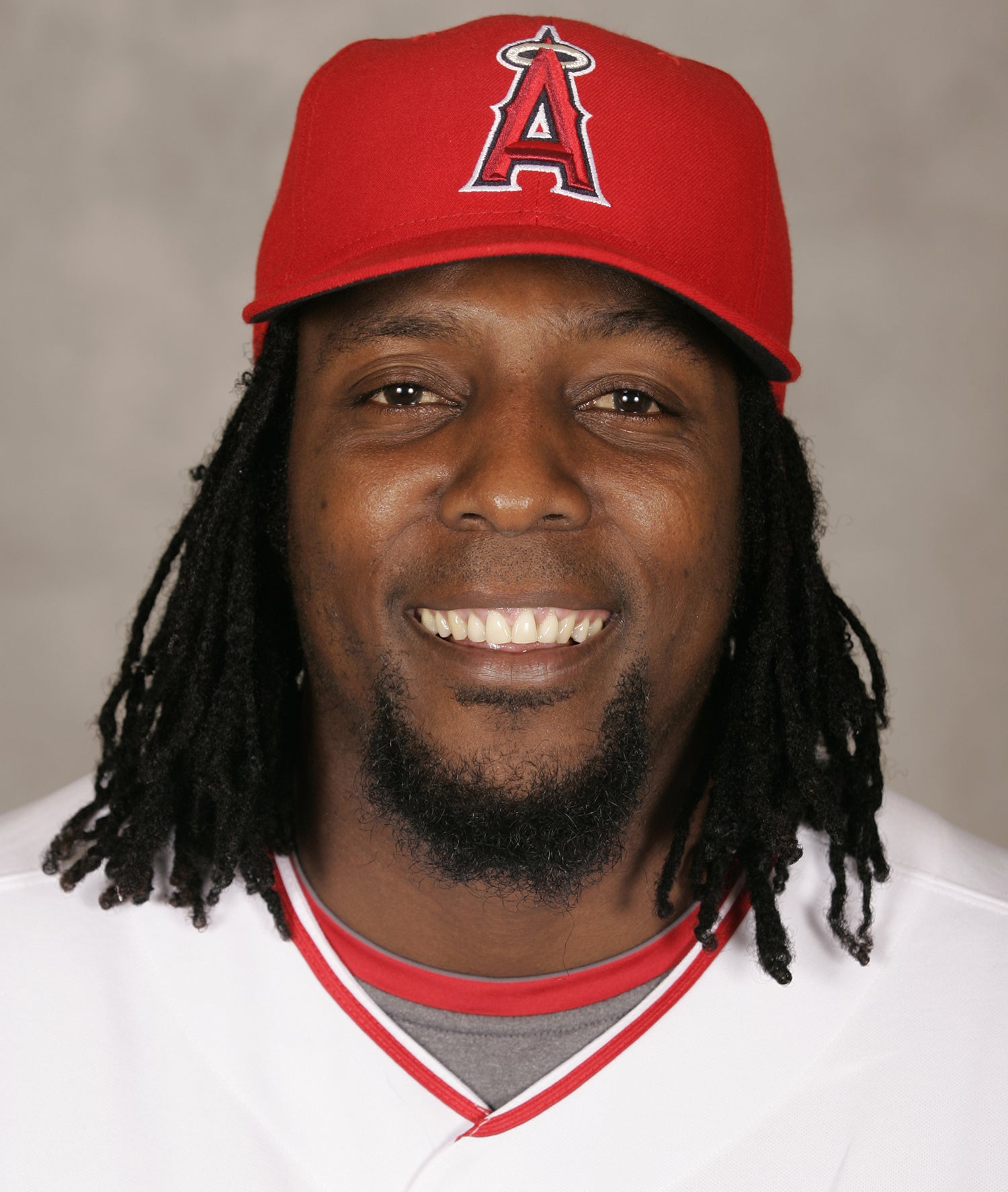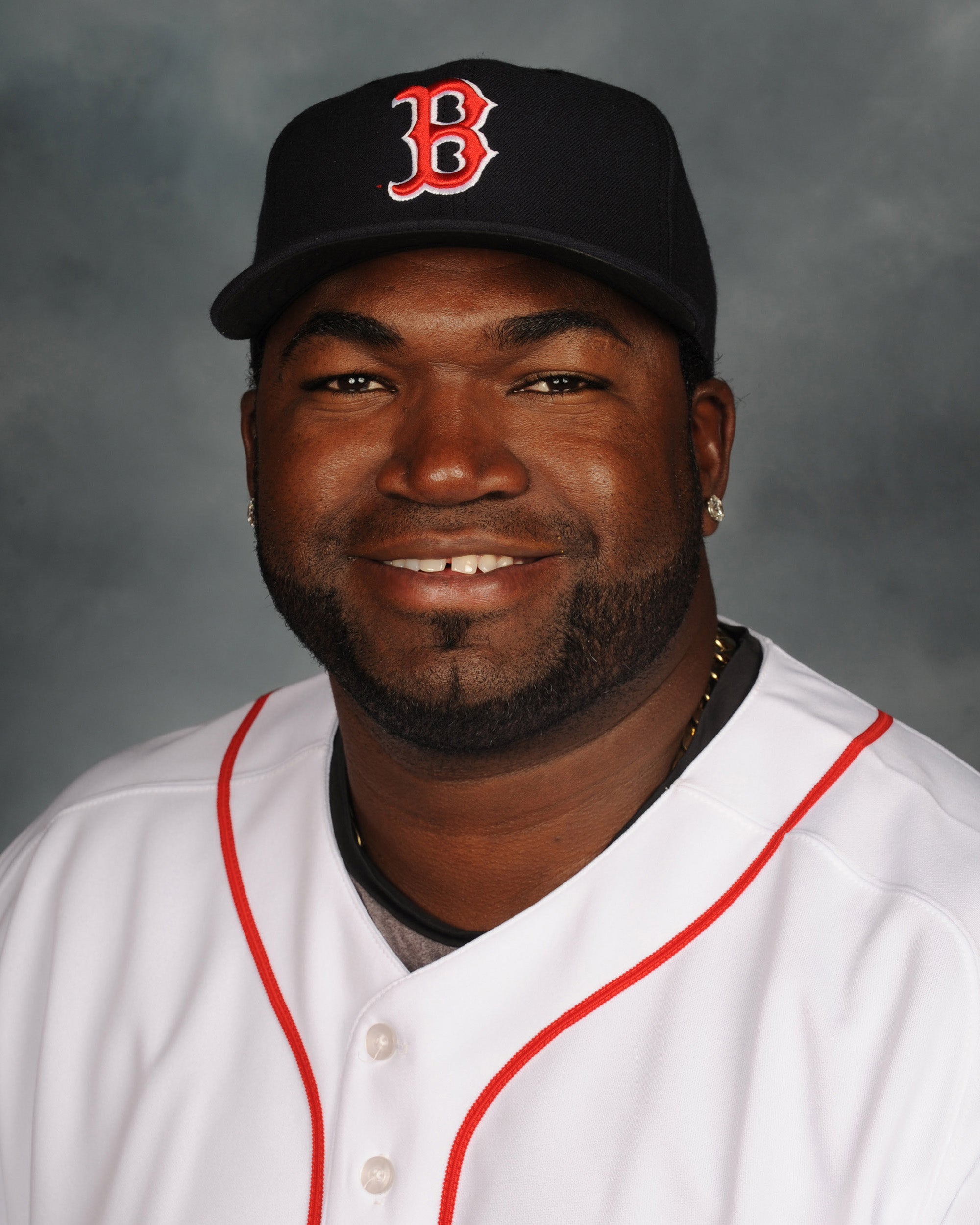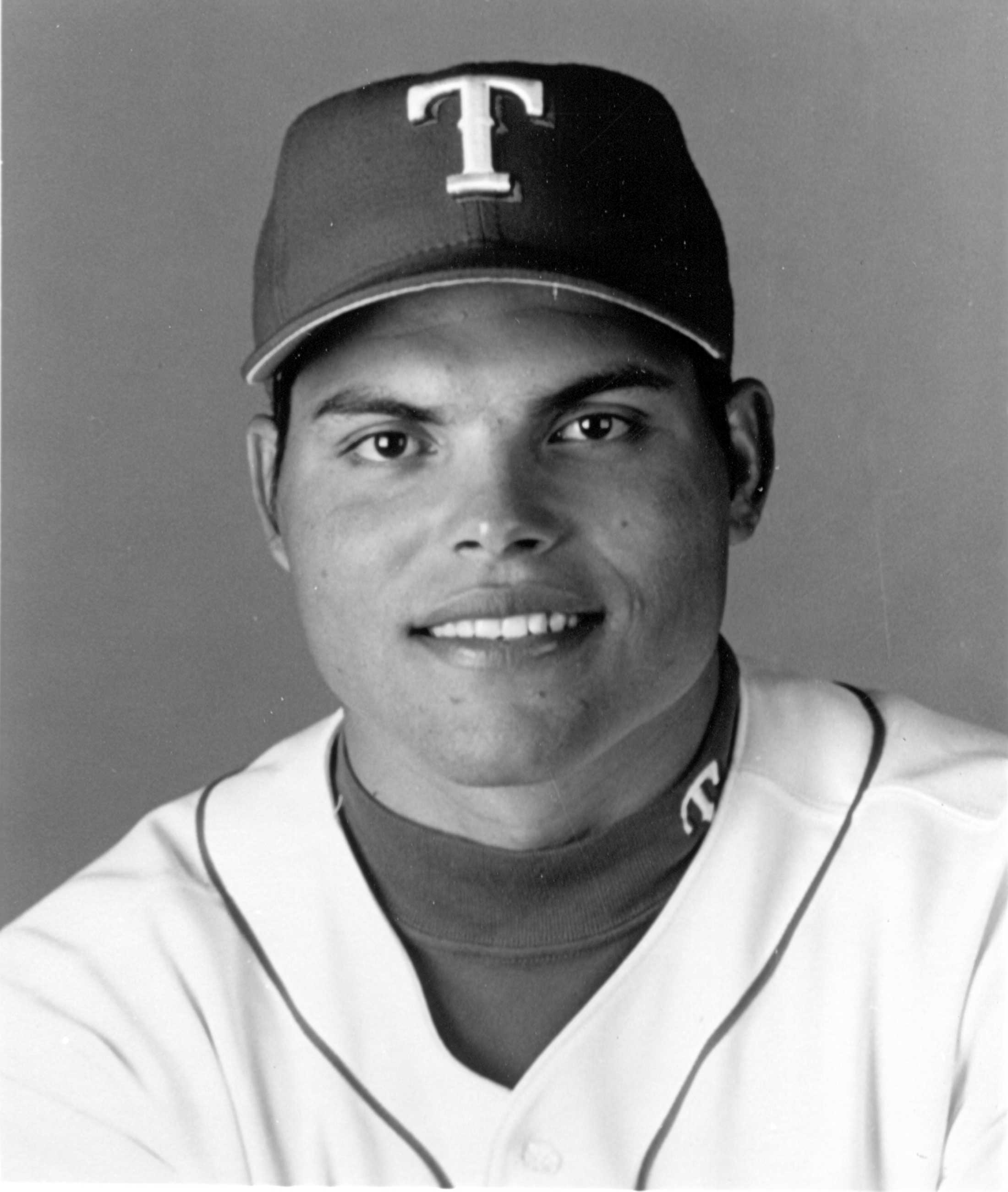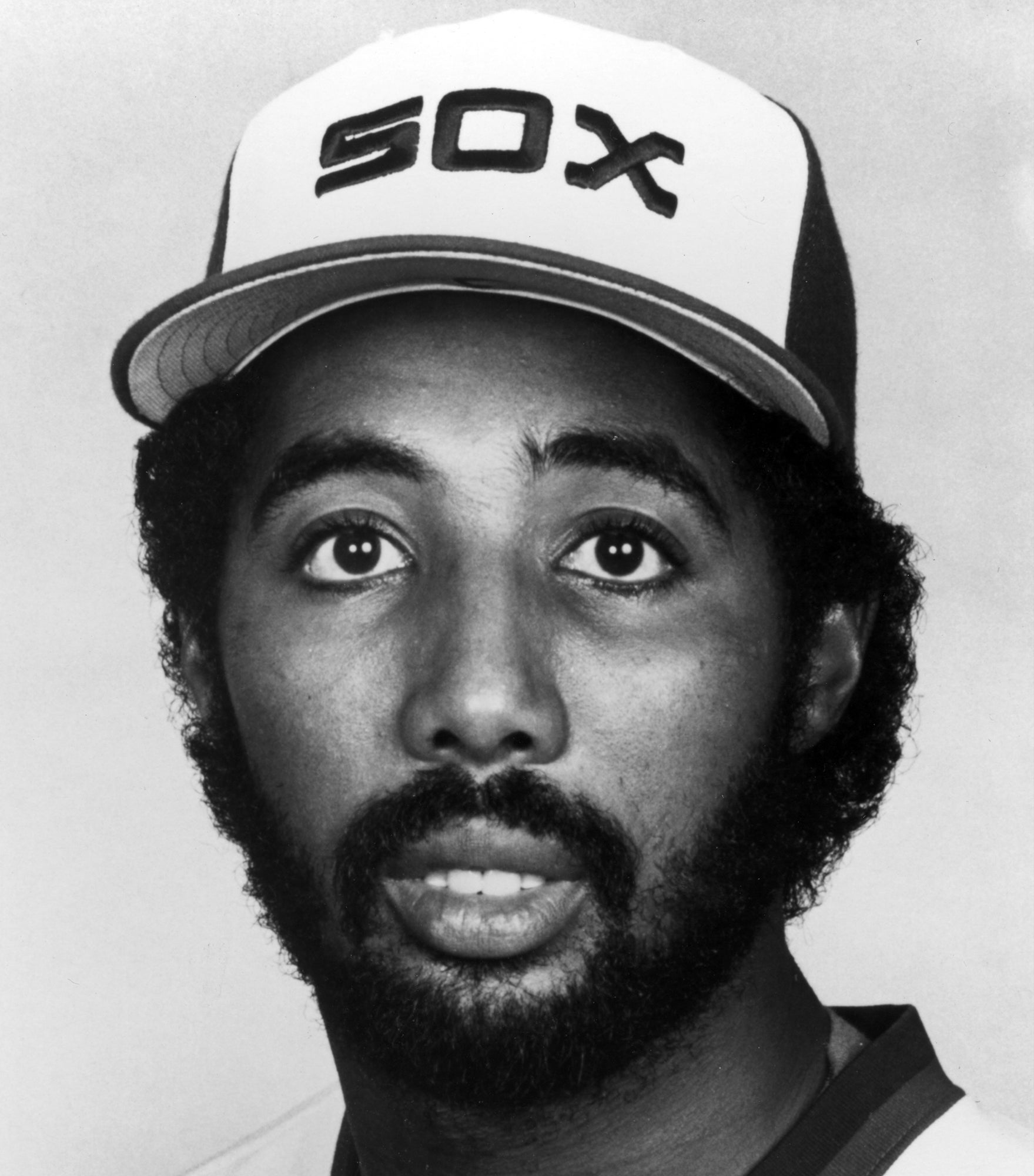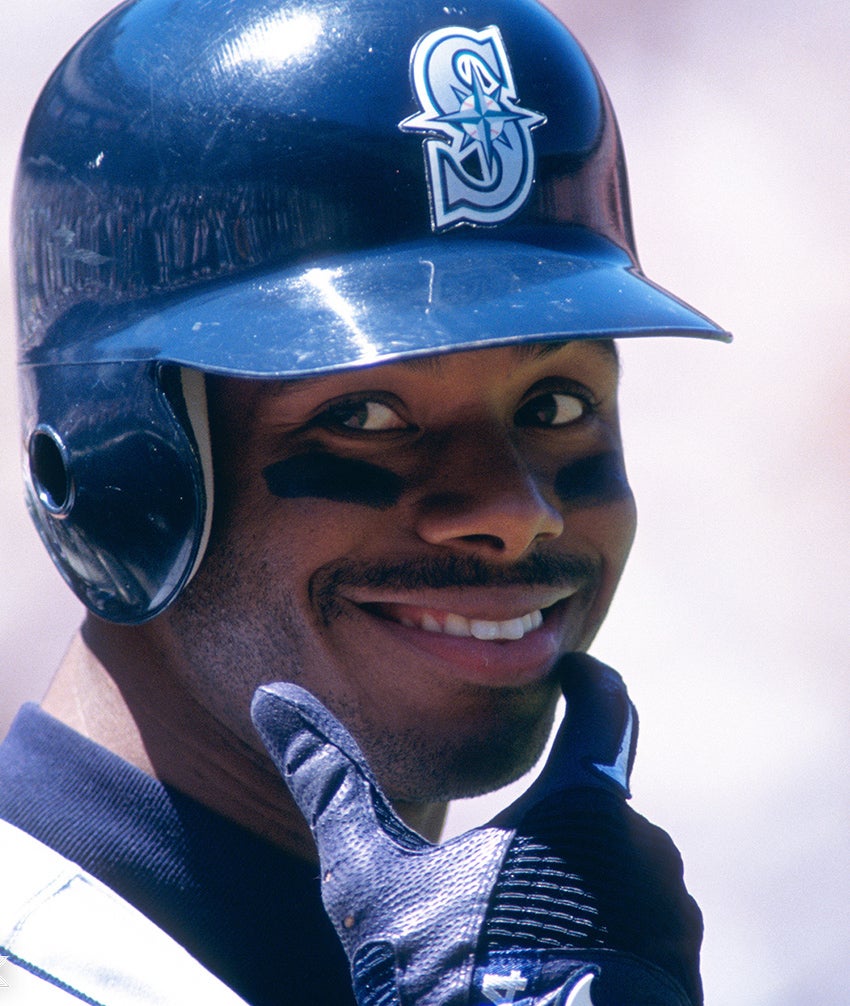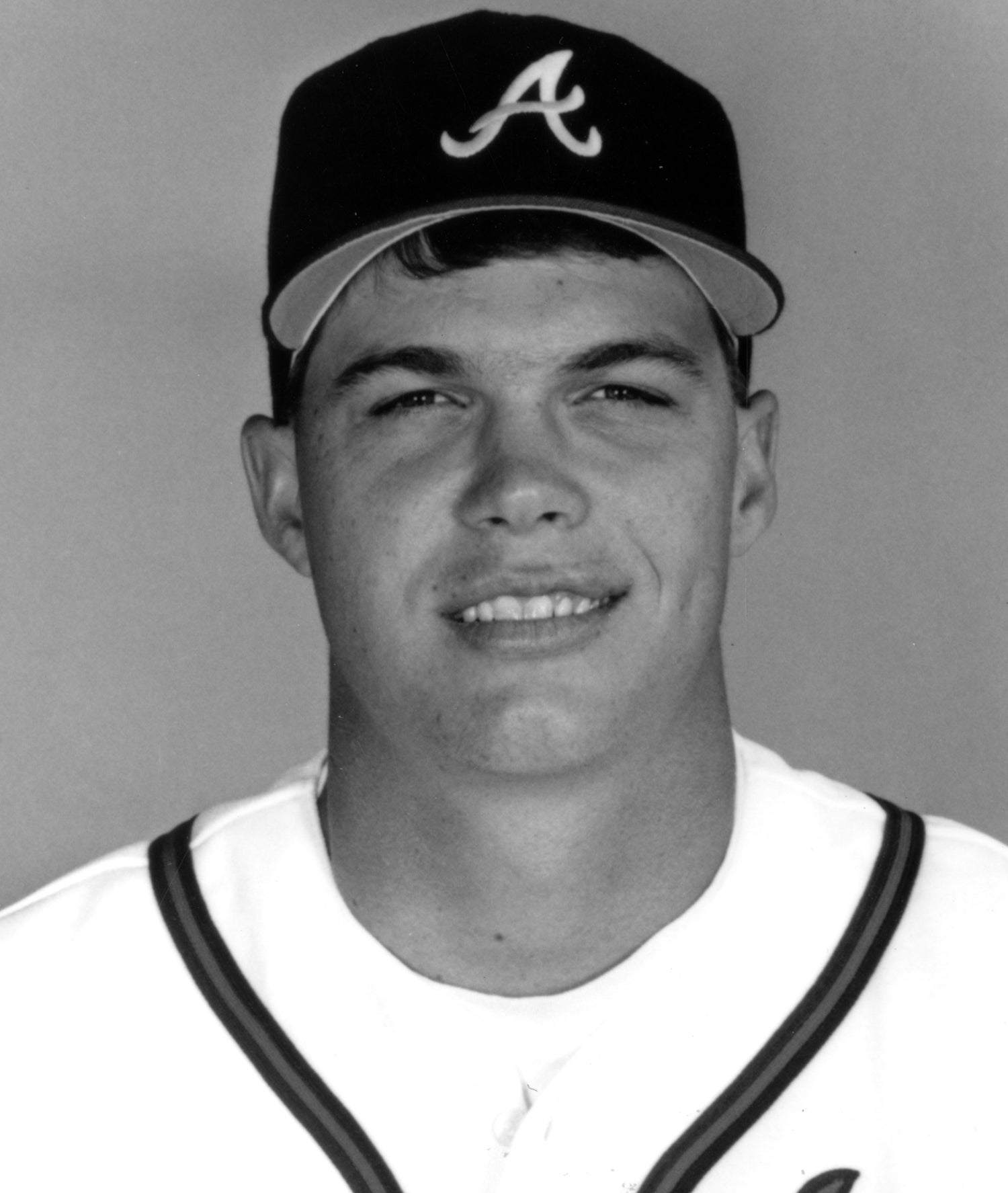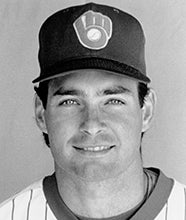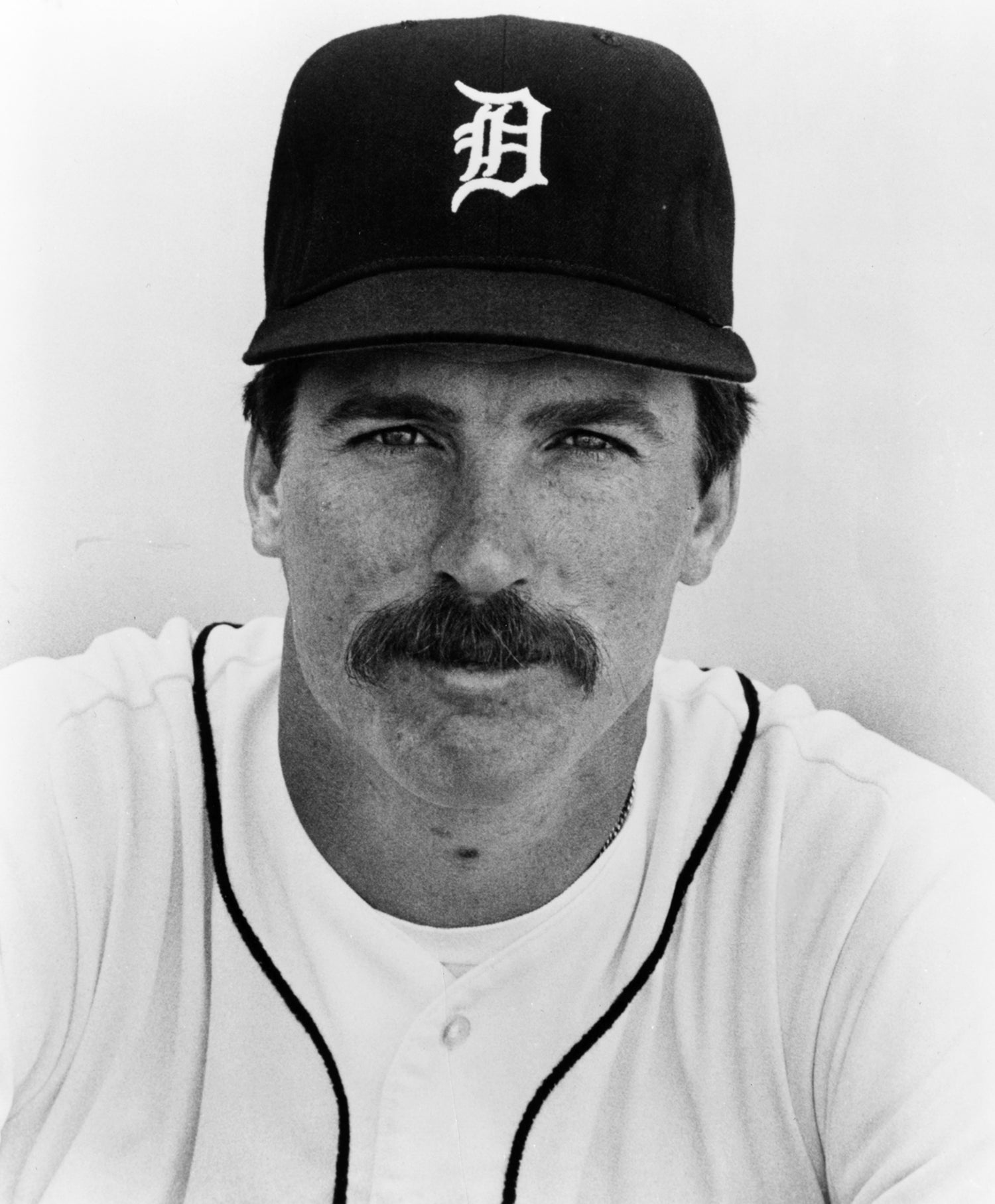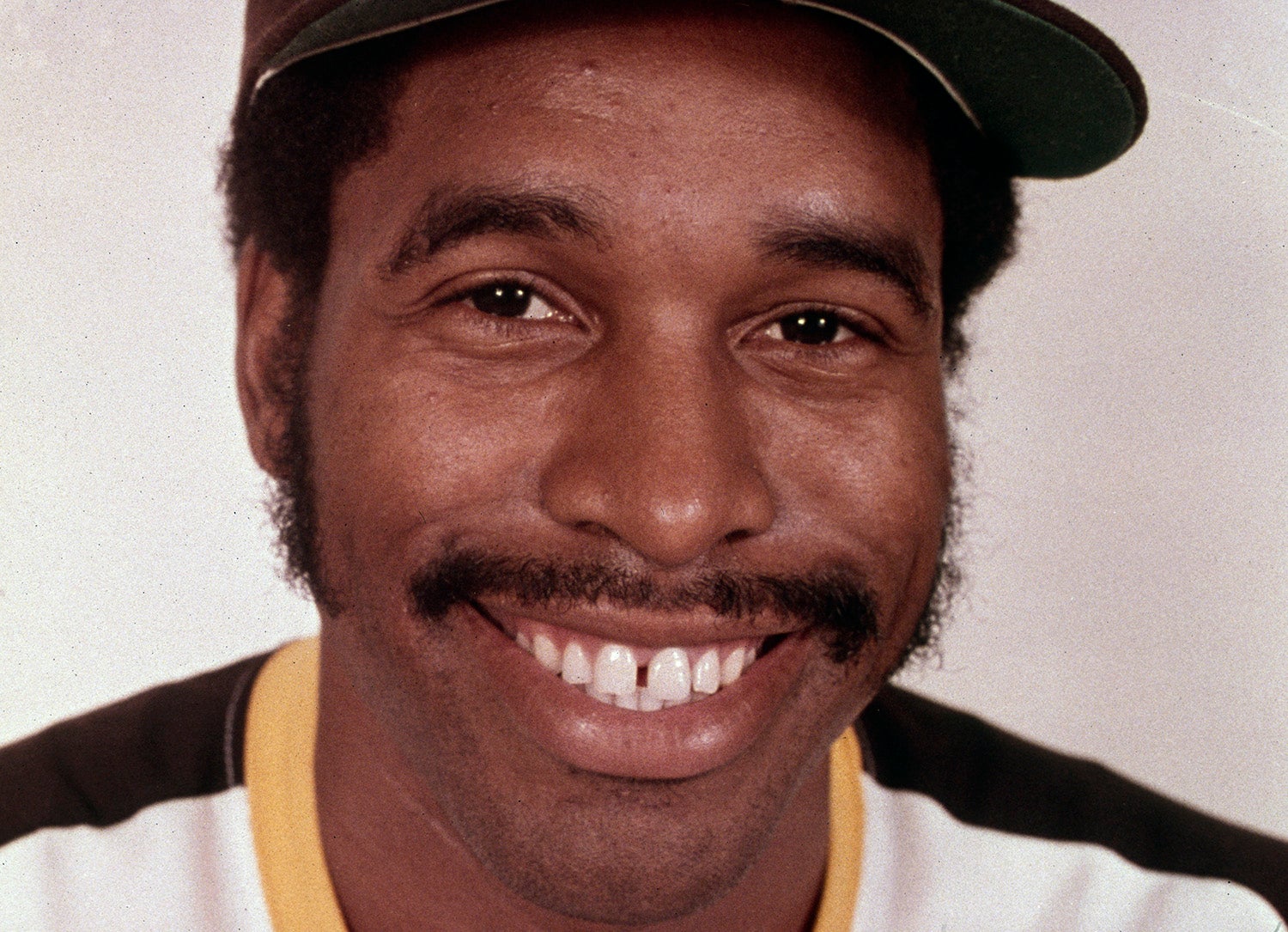- Home
- Our Stories
- Beltré, Helton, Mauer savor Hall call
Beltré, Helton, Mauer savor Hall call
A trio of legendary baseball stars who shined brightest in the early years of the 21st century – third baseman Adrian Beltré, first baseman Todd Helton and catcher Joe Mauer – have now been added to the game’s all-time roster in Cooperstown.
The National Baseball Hall of Fame’s star-studded lineup increased by three when the results of the Baseball Writers’ Association of America’s Hall of Fame ballot were announced on Tuesday, Jan. 23, live on MLB Network from the Hall of Fame’s Plaque Gallery. Surrounded by the bronze images of the National Pastime’s forever figures, the names of the three newest electees were announced by Hall of Fame President Josh Rawitch to a national audience.
The Class of 2024 – which also includes Jim Leyland via the Contemporary Baseball Era Committee vote in December – will be inducted on Sunday, July 21, in Cooperstown.
Three players join Jim Leyland in the Class of 2024 as Adrián Beltré, Todd Helton and Joe Mauer earn baseball immortality.
Full vote totals: https://t.co/KpLxFLJ3ER pic.twitter.com/ae46gbvYK0
— National Baseball Hall of Fame and Museum ⚾ (@baseballhall) January 23, 2024
Only hours after received the much-anticipated phone call informing them that they had joined baseball immortality, the Hall of Fame’s newest electees took part in individual media conference calls.
With candidates needing to appear on at least 75 percent of all ballots cast to earn election, Beltré, in his first year on the BBWAA ballot, received 95.1 percent of the 385 ballots cast. The 10th third baseman elected to the Hall of Fame by the BBWAA, Beltré is just the 19th third baseman elected to the Hall of Fame via any method. Beltré, the first Hall of Fame third baseman to be born outside of the United States, becomes the fifth Hall of Famer from the Dominican Republic, joining Juan Marichal (1983), Pedro Martínez (2015), Vladimir Guerrero (2018) and David Ortiz (2022).
Asked when he began to think the Hall of Fame was a realistic possibility, Beltré said: “I think it was so my last two years when you guys came with questions and let me know what things that I was doing at the time, even though I was trying to ignore it. But it came in apparent to me that it was a possibility.
“This is a great day for me. I’m honored to be in the Hall of Fame. It’s something that I never even dreamed of. I can’t believe that I’m going to be with those guys. It’s just something that I can’t even fathom right now.”
A star at the plate and in the field, Beltré played 21 seasons for the Dodgers, Mariners, Red Sox and Rangers. One of just 12 players in Major League history with 3,000 hits and 400 homers, he ranks 11th all-time in doubles and 18th all-time in hits with 3,166, the most hits ever by a third baseman. The first Dominican Republic native to reach the 3,000-hit mark, when he retired, he had more hits than any player in Major League history born outside of the United States. A four-time All-Star and a four-time Silver Slugger Award winner, he led the major in homers in 2004 with 48, in doubles in 2010 and 49, and tied for the MLB lead with 199 hits in 2013. An elite defender, he won five Gold Glove Awards and two Platinum Glove Awards, finishing in the top 10 in his league’s MVP voting six different seasons. A beloved teammate and fan favorite, he reached the postseason five times, winning the 2011 American league pennant with the Texas Rangers.
“Today was a hectic day trying to get prepared for a call that you don’t know if you’re going to get or not,” Beltré said. “If you guys know me you know I don’t like to be the center of attention and I don’t like to expect things that are not there for sure. But I got up in the morning and allowing cameras in the house and the family came over and friends and get some food for people and assume the call. I was lucky enough that my wife and my son were tracking the percentage of the thing. I tried to stay away from it and it looked like I was in pretty good shape. I kind of forced myself to try to enjoy this moment because it’s probably one of the last moments in baseball.
“Being here now is something that can’t describe, but I’m humble and I’m honored to be here. I’m trying to enjoy the best of it.”
Helton, in his sixth year on the BBWAA ballot, received a percentage of 79.7. He debuted on the ballot in 2019 and received 16.5 percent of the vote.
“It’s a huge honor and it’s very humbling that I got in. I’d like to thank my mom and dad and my family who supported me the whole time,” Helton said. “And all the Rockies fans. I was very lucky to get drafted by Colorado. Not only is it a good place to hit it, but it’s got great fans. It was 17 good years and I’m not going to lie; I miss it. I didn’t think I would, but I miss the competition of going out and playing every day.”
Helton was a two-sport star – Peyton Manning having replaced him as the University of Tennessee’s starting QB – before embarking on 17 seasons of almost unparalleled offensive excellence with the Colorado Rockies. The lefty swinging first baseman was a five-time All-Star who finished his career with a .316 batting average, .414 on-base percentage and .539 slugging average to go along with 592 doubles, 369 homers, 1,401 runs scored, 1,406 RBI and more walks (1,335) than strikeouts (1,175). He is one of only 11 retired players in history with at least a .300 batting average, .400 on-base percentage, .500 slugging percentage and 350 home runs.
A native of Knoxville, Tennessee, he won three Gold Glove Awards and four Silver Sluggers while taking home the National League batting title in 2000. That year he batted .372 while leading all major leaguers in doubles, RBI, slugging percentage, OPS and total bases. He batted .300 or better in 12 different seasons, including each of his first 10 full seasons in the majors, from 1998 to 2007. Beginning of 1999, he drove in 100 or more runs in five consecutive years and hit 30 or more homers in six straight seasons. He led the Rockies to the 2007 National league pennant batting .333 in the World Series.
The Tennessee Volunteers' quarterback room spawned three first-round selections in the mid-1990s — Heath Shuler, Peyton Manning and Todd Helton. Two Hall of Fame careers would emerge, with Manning landing in Canton and Helton's 17-year career earning enshrinement in Cooperstown. (Brad Mangin/MLB Photos)
Mauer, in his first year on the BBWAA ballot, received votes on 76.1 percent of all ballots cast. Mauer’s four-vote margin for election was the closest in the BBWAA voting since Iván Rodríguez secured four votes more than the necessary 75 percent in the 2017 balloting. Mauer becomes the fourth No. 1 overall pick elected to the Hall of Fame, following Harold Baines (drafted No. 1 overall in 1977), Ken Griffey Jr. (1987) and Chipper Jones (1990).
“Myself and my family are truly grateful and definitely excited for what lies ahead,” Mauer said. “It was a crazy day. My son goes to school Monday, Wednesday, Friday, so it was nice to have him being a nice distraction throughout the day. So we played a lot of wiffleball in the basement. He’s five now and he had me running around today. For me, I just wanted to have close family. Obviously my wife, my kids, and my mom and my brothers. So we had a short list of family here. And then as the day progressed and the news came out, my basement started to fill up. So it’s been a lot of fun. It’s been a whirlwind of emotions. And yeah, I’m just so thankful to be here talking to all of you today.”
Selected first overall in the 2001 amateur draft by his hometown Minnesota Twins – the fourth Hall of Famer who was born in St. Paul, Minn., joining Paul Molitor, Jack Morris and Dave Winfield on that list – Mauer spent his entire 15-season big-league career excelling before the locals. He led the American League in batting average three times – no catcher in AL or NL history had ever before won more than two. The six-time All-Star’s other accolades include five Silver Slugger Awards, three Gold Glove Awards and the 2009 AL MVP Award. The only catcher in history with at least 2,000 hits, a .300 batting average and a .380 on-base percentage, he finished his career with a .306 batting average, .388 on-base percentage, 428 doubles and 2,123 hits.
“I really didn’t know what to think. This was my first go at it. Obviously there’s a lot of buzz leading up to today and, and people having opinions all across the board. I really didn’t know,” Mauer said. “I was definitely pleased and excited. But you just never know until they’re all counted.”
In 2006, Mauer became the first catcher to win a batting title in more than 60 years. He would go on to win two more in back-to-back seasons in 2008 and 2009. In 2009, he led the Major Leagues with a .365 batting average and a .444 on-base percentage, and was the American League leader with a .587 slugging percentage, all en route to being named the AL’s Most Valuable Player. He topped AL catchers and fielding percentage three times and caught-stealing percentage twice, ranking ninth all time with .995 career fielding mark. On four different occasions he helped his team to the postseason.
This year’s BBWAA ballot featured 26 players, including 14 first-year candidates. Others who received votes on more than 50 percent of the ballots included Billy Wagner (73.8%), Gary Sheffield (10th-and-final time on BBWAA ballot - 63.9%), Andruw Jones (61.6%) and Carlos Beltrán (57.1%).
A total of 385 votes were cast, with 289 needed for election.
Bill Francis is the senior research and writing specialist at the National Baseball Hall of Fame and Museum
HALL OF FAME WEEKEND 2024
The eyes of the baseball world will be focused on Cooperstown July 19 - 22, with the legends of the game in town to see history unfold during Hall of Fame Weekend.

